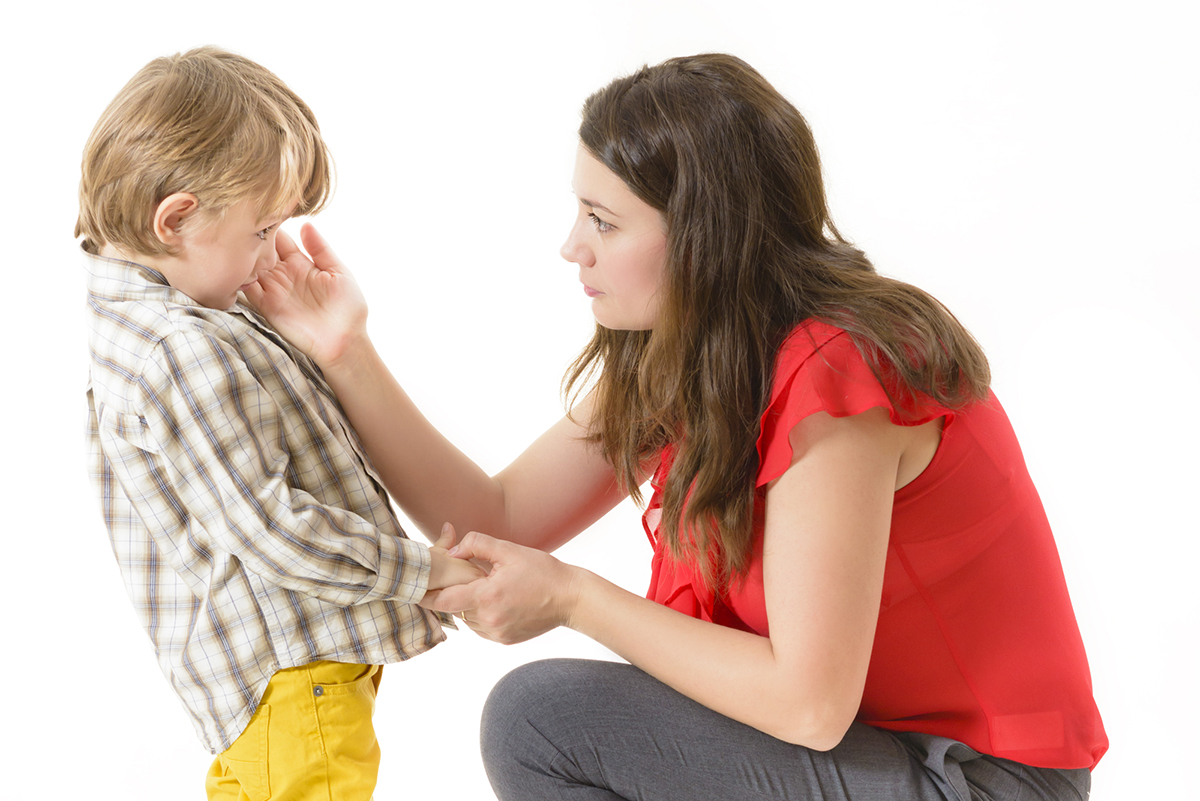Please Don’t Call Me Shy: Helping Children Build Confidence
Please don’t call me shy is something many children wish they could say when adults describe their quiet or reserved behavior. At First Congregational Preschool in Meriden, CT, we believe every child’s personality should be valued for what it is and should not be labeled in ways that may limit how they see themselves.
Why Labels Like “Shy” Can Be Harmful
Every parent wants to raise a confident child. Yet all children are different, with unique temperaments and ways of interacting with the world. When a parent or teacher calls a child shy, it might seem harmless, but in reality, the child may interpret it as a negative reflection of who they are.
According to the Zero to Three, shyness is often misunderstood. Children with a “slow to warm up temperament”, may simply need more time to adjust in social settings. However, once labeled as “shy,” they can begin to see themselves as less capable than their peers.
At First Congregational Preschool, we encourage parents to describe behavior in positive terms rather than using labels that may stick with a child for years.
Please Don’t Call Me Shy: What Children Hear
Children take the words of parents, teachers, and caregivers seriously. If they’re repeatedly told they are shy, they may:
- Believe their personality is a problem
- Start to withdraw even more in social settings
- Feel like they’re disappointing the people they love
Shyness is often viewed negatively in Western culture, where being bold and outgoing is celebrated. However, quiet and thoughtful children bring equally valuable strengths to the classroom and the world.
Please Don’t Call Me Shy: Why Quiet Qualities Matter
Is there anything wrong with being reflective, cautious, or observant? Absolutely not. These are wonderful qualities that help children:
- Think carefully before speaking or acting
- Build strong bonds once they feel safe
- Develop patience and focus
At First Congregational Preschool, we believe play is a critical part of learning. Play gives children opportunities to explore at their own pace, build confidence, and practice social skills in ways that feel safe and natural, especially for those who may take longer to warm up in new situations.
Experts at the National Association for the Education of Young Children (NAEYC) emphasize that social-emotional development is just as important as academics in early education.
By reframing quiet behavior as a strength and supporting growth through play, parents and educators create space for children to thrive. To see how this philosophy is built into everyday classroom activities, visit our Curriculum page.
Three Reasons Not to Label Your Child as “Shy”
- It feels like disapproval. Children may interpret the label as criticism of their personality.
- Small steps matter. Every effort to try something new—even if it seems minor—is a sign of growth. Recognizing progress builds confidence.
- Different is not wrong. Children should be reassured that their way of engaging with others is valid, even if it looks different from their peers.
Alternatives to Saying “Shy”
Instead of labeling, describe behaviors in ways that highlight the positive:
- “You’re talkative with people you know well.”
- “It takes you a little while to feel comfortable with new people.”
- “You like to understand something before you try it.”
This approach acknowledges the child’s style without attaching a limiting label.
Encouraging Confidence at First Congregational Preschool
At our preschool in Meriden, CT, we celebrate every child’s individuality. Parents are encouraged to model acceptance, patience, and pride in the small steps their children take.
For more parenting resources, you may also enjoy our articles on our blog page.
Final Thoughts
Please don’t call me shy is more than a phrase. It’s a reminder that words shape how children see themselves. By avoiding labels and describing behavior in positive ways, parents and teachers can nurture confidence, self-esteem, and a healthy sense of identity.
At First Congregational Preschool, our goal is to help every child feel safe, valued, and supported – whether they’re outgoing or more reserved.


Leave a Reply